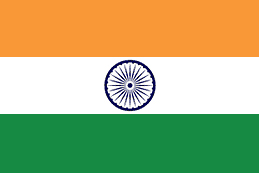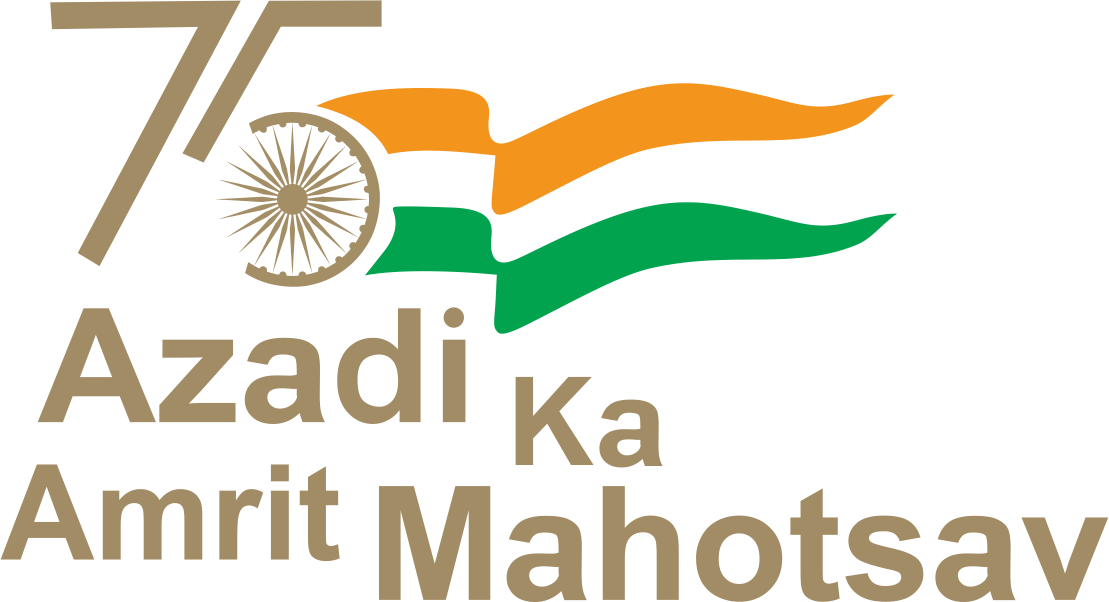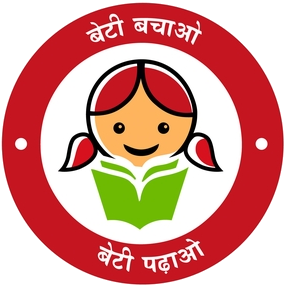MAJOR PROJECTS UNDERTAKEN BY ICRI, MYLADUMPARA
1. CROP IMPROVEMENT & BIOTECHNOLOGY DIVISION
i) Crop improvement
- Germplasm collection, conservation, evaluation and cataloguing of gene pool in cardamom and allied genera for qualitative and quantitative characters.
- Development of location specific high yielding varieties of cardamom having superior quality capsules by selection and hybridization techniques.
- Breeding for tolerance to biotic (pest and diseases) and abiotic (drought and shade) stresses.
- ‘In situ’ hybridization studies on small cardamom in farmers’ field is being carried out as a participatory breeding programme.
- Multi-location trials of different genotypes of cardamom
ii)Biotechnology
- Genetic diversity analysis of small cardamom
- Genetic diversity analysis of large cardamom
- Genetic diversity analysis of Fusarium isolates from cardamom.
- Molecular marker-assisted virus indexing of Black pepper field samples.
- Molecular marker-assisted virus indexing of small & large cardamom field samples.
- Cardamom (small & large) Transcriptome sequencing as resources for future genetic and genomic studies and for gene localization for marker assisted breeding.
2.AGRONOMY AND SOIL SCIENCE DIVISION
- Crop production technologies including standardization of agro techniques, Land preparation, soil and water management, nursery management, planting techniques, plant nutrition, weed management and other cultural practices.
- Integrated Nutrient Management (INM) strategies for cardamom.
- Organic farming packages for cardamom.
- Recording of meteorological data.
- Monitoring pesticide residue in cardamom samples.
- Farm mechanization, evaluation and development of machineries suited for cultivation and processing of cardamom.
- Fertigation techniques in cardamom.
- Post-harvest handling, processing techniques, packing and storage of spices.
- Crop weather interaction studies encompassing growth, yield, pests and disease incidences.
3. CROP PROTECTION DIVISION
i) Plant pathology
- Disease identification and Integrated Disease Management (IDM) practices for Cardamom.
- Biocontrol of diseases using antagonistic microbes including fungi and bacteria.
- Evaluation of new molecules of fungicides for the management of major disease in cardamom.
- Studies on viral diseases in cardamom.
ii) Entomology
- Development of Integrated Pest Management (IPM) strategies for cardamom.
- Surveillance on major and minor pests on small cardamom.
- Evolving Bio-control measures, bio-pesticide formulation and screening of cardamom germplasm against insect pests.
4. TRANSFER OF TECHNOLOGY DIVISION
This division aims at bridging the gap between scientists and planters by transferring the achievements in the institute for application in the planters’ field. This is mainly achieved through training programmes, conducting seminars, group discussions, through organising spice clinics, workshops, webinar, GAP training programme, field visits etc. Scientists of the institute serve as the resource personnel in seminars and planters’ meetings.
- Training programmes on production, protection and post-harvest technologies & management of cardamom and other spices for farmers and entrepreneurs.
- Training programme on Good Agricultural Practices (GAP) for quality spice production.
- Hands-on training programme on Bio-agent production (Trichoderma, Pseudomonas, AM Fungi and EPN) for farmer groups and NGOs.
- Training to extension functionaries from the Development Department of Spices Board, State Agricultural Department etc on latest technology/ developments.
- Mobile spice clinics and farmer scientist interface programmes in different cardamom growing locations to address field level problems.
- Production and supply of various bio agents and quality planting materials of cardamom and other spices
MAJOR PROJECTS OF ICRI, RRS, SAKLESHPUR, KARNATAKA
1. Crop Botany Division
- Germplasm collection, conservation, evaluation and cataloguing of gene pool in cardamom and allied genera for qualitative and quantitative characters.
- Development of location specific high yielding varieties of cardamom having superior quality capsules by selection and hybridization techniques.
- Breeding for tolerance to biotic (pest and diseases) and abiotic (drought and shade) stresses.
- Field adoption trials of varieties of cardamom in farmers' field as participatory breeding programme.
- Multi-location trials of different genotypes of cardamom
2. Agronomy and Soil Science Division
- Integrated Nutrient Management (INM) strategies for cardamom.
- Organic farming packages for cardamom
- Evaluation of Nano Nitrogenous fertilizers effect on growth and yield of Cardamom
- Water management in cardamom
- Recording of meteorological data
3. Plant pathology Division
- Disease identification and Integrated Disease Management (IDM) practices for Cardamom.
- Biocontrol of diseases using antagonistic microbes including fungi and bacteria.
- Efficient local strains of bio-agents (PGPR and antagonistic fungi) for the management of diseases.
- Studies on viral diseases in cardamom.
4.Transfer of Technology Division
- Training programmes on production, protection and post-harvest technologies & management of cardamom and other spices for farmers.
- Training programme on Good Agricultural Practices (GAP) for quality spice production.
- Hands-on training programme on Bio-agent production (Trichoderma, Pseudomonas, AM Fungi and EPN) for farmer groups and NGOs.
- Training to extension functionaries from the Development Department of Spices Board, State Agricultural Department etc on latest technology/ developments.
- Mobile spice clinics and farmer scientist interface programmes in different cardamom growing locations to address field level problems.
- Production and supply of various bio agents and quality planting materials of cardamom and other spices.
MAJOR PROJECTS OF ICRI, RRS, TADONG ON LARGE CARDAMOM
1. Crop Improvement Division
- Collection, conservation, evaluation and documentation of gene pool in large cardamom and allied genera.
- Development of location specific high yielding varieties of cardamom having superior quality capsules by selection and hybridization techniques.
- Screening of large cardamom cultivars against drought stress.
- Multi-location field-testing of varieties in collaboration with ICAR- IISR.
2.Agronomy and Soil Science Division
- Nutritional studies in large cardamom.
- Organic farming packages for large cardamom.
- Evaluation of different soil moisture conservation practices in large cardamom.
- Recording of meteorological data.
- Post-harvest handling, processing techniques like large cardamom curing and grading.
3.Entomology Division
- Insect pest surveillance in large cardamom, forecast for possible pest outbreaks and development of Integrated Pest Management (IPM) strategies.
- Study on biology and bionomics of insect pest of large cardamom and ginger.
- Evolving Bio-control measures and conducting trials on bio-pesticide formulation against pests of large cardamom for developing organic farming practices.
- Studies on emerging pests in large cardamom.
- Study on pollinators of large cardamom by enlisting the pollinators at different altitudes and their frequency of visits.
- Survey, documentation, evaluation and validation different indigenous technical knowledge (ITKs) practiced by the farmers for pest management in large cardamom.
4.Plant Pathology Division
- Disease identification and its management in large cardamom.
- Biological control of diseases of large cardamom.
- Identifying local strains of bio-agents (PGPR and antagonistic fungi) for the management of diseases
- Identification of sources of resistance to diseases.
- Developing Integrated Disease Management (IDM) practices for large cardamom.
- Studies on viral diseases and its management.
5.Transfer of Technology Division
Dissemination of information and technology developed by Scientist of this institute as well as other institute to the farming community in the form of – farmers training programme, spices clinic, publication of leaflets/pamphlets.







